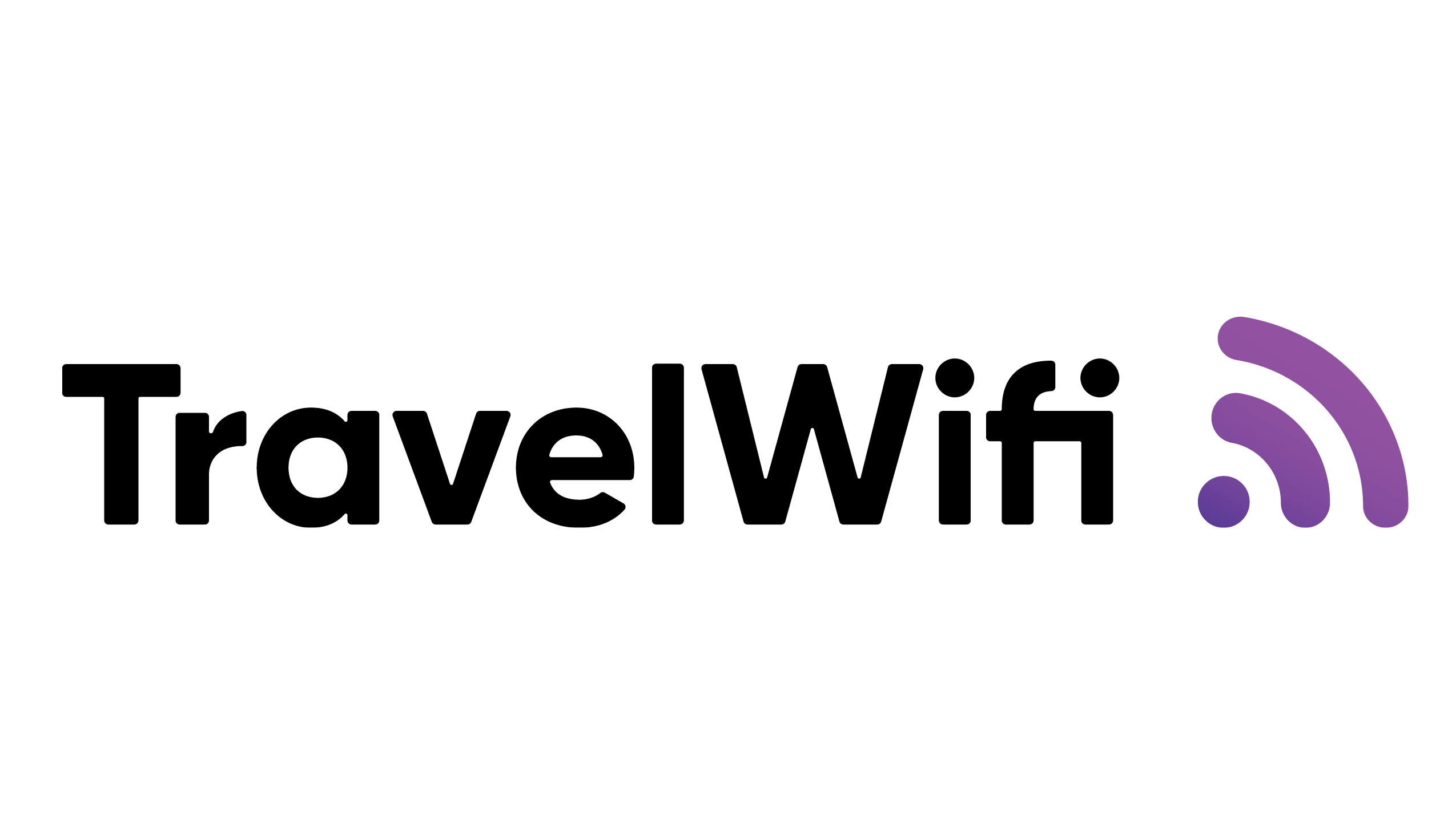The High Cost of Data Roaming
It’s a problem many well-seasoned travellers are accustomed to, 4 in 10 people polled by USwitch have been landed with a shock bill just for using their mobile phone abroad. Even for the careful user, turning your phone on in a foreign country and receiving texts or voicemails can cause costs to soar. Using mobile data is particularly expensive as one British holidaymaker found when she racked up a £2,318 bill simply by using her mobile data to navigate the confusing and congested streets of Istanbul.
Why are the costs so high?
The carrier you are roaming on whilst you are abroad charges your network per megabyte, and does it at an astronomical price. The reason for this is rather interesting, because every country you visit will have multiple networks and your phone frequently switches between them, there is no incentive for roaming providers to push down prices. On top of that, your network carrier has to charge you for the highest network out there, in case you stay with them the entire time. The net result is that you get totally screwed over.
What can you do about it?
The reality is most modern travellers like to stay connected wherever they go, especially in a new country, where having access to Google maps could mean the difference between being lost and getting to your hotel safe and sound. Mobile data is also really useful for quickly evaluating a local restaurant on Trip advisor, finding out the opening times of a local attraction or staying in-touch with friends and family. If you don’t want to be paying a premium for uploading your holiday snaps to Facebook or checking directions to that great Bistro you’ve been recommended then there are few standard ways you can avoid it.
Contact your network provider and ask them to cap your bill – this will make sure you don’t return to a shock bill but will mean you won’t be able to use your data after it’s reached the limit.
Buy a data add-on that will give you a set amount of data to use whilst your away – this is a good option if your provider has reasonable offers on but will again mean you can’t use data after it runs out.
According to a recent Deloitte report 53% of people say they turn their phone off entirely or turn off data in order to avoid the costs of roaming. Just 18% said they would activate a data-add on.
Holidaymakers are clearly fed-up with having to pay excessive amounts for using their mobile phone abroad and want to be able to connect to the Internet whilst travelling without risking overcrowded Starbucks and unsecure connections.
If you don’t want to risk your mobile phone bill skyrocketing whilst you bask in the Sicilian sunshine you could always resort to turning your mobile data off and sticking to public Wi-Fi. You might think that this is an easy fix but connecting to public Wi-Fi hotspots has its pitfalls.
Public WIFI
Public Wi-Fi hotspots, typically found in Hotel lobbies, Airports and Coffee Shops, allow you to connect to the internet for free (or for a small charge) and will usually require a password or registration. Whilst this option is incredibly convenient and free to use, there are several pitfalls which many people remain unaware of. The main risk to always be aware of is your data’s security. When you are logged in to a public network it becomes infinitely easier for a hacker to access and steal your personal information, think passwords, logins and credit card details – here’s a useful guide you should read to make it harder to steal your data.
Some Wi-Fi providers will also ask you to sign-up with them in order for you to access their service for free, whilst this may seem like a reasonable trade-off you are leaving yourself open to spamming and having your email address sold on to third parties. Make sure you always check the terms before you click to agree! Even if you do manage to jump through all the security hurdles, you are still hugely restricted to where you can use your Wi-Fi enabled devices and cannot enjoy access to the internet unless you are close to a hotspot.
Another problem many travellers face when they eventually locate a coffee shop with free Wi-Fi, is that they then have to deal with the noise, overcrowding and having to pay for a $4 Caramel Macchiato they never even wanted.
Portable WIFI
Portable Wi-Fi allows you to connect to the Internet from a secure, safe and convenient device that fits in the palm of your hand and can be taken anywhere. The device effectively creates a wireless hotspot with a 3G connection. By connecting to the internet through your portable device, you can save your mobile phone’s battery from draining, giving you more time to make your friends back home jealous with your photography skills.
Avid travellers David and Veronica James, better known as the ‘Gypsynesters’, were through with paying an ‘arm and a leg’ to use their devices abroad and found themselves quickly eating through data add-ons which they purchased from their U.S based network provider. Read their experience of using Tep Wireless’ portable Wi-Fi in Europe and South Africa here.
Tep Wireless’ device is available to rent for a fixed daily cost of $9.95 and allows you to travel and use the Internet seamlessly in 64 countries worldwide, making it great for that Euro trip you’ve been planning. It also gives you unlimited access for up to 5 devices, which means you can share your fuss-free connection with your friends and family. The main benefit of using a device such as Tep’s is that you no longer have to worry about your bill skyrocketing or your connection being insecure – it’s truly unlimited and completely secure.
So there you have it, our top tips to avoid unreliable Internet connections and high data roaming charges. If you need some holiday inspiration, why not check out our last post on the top cities to visit in Europe.




